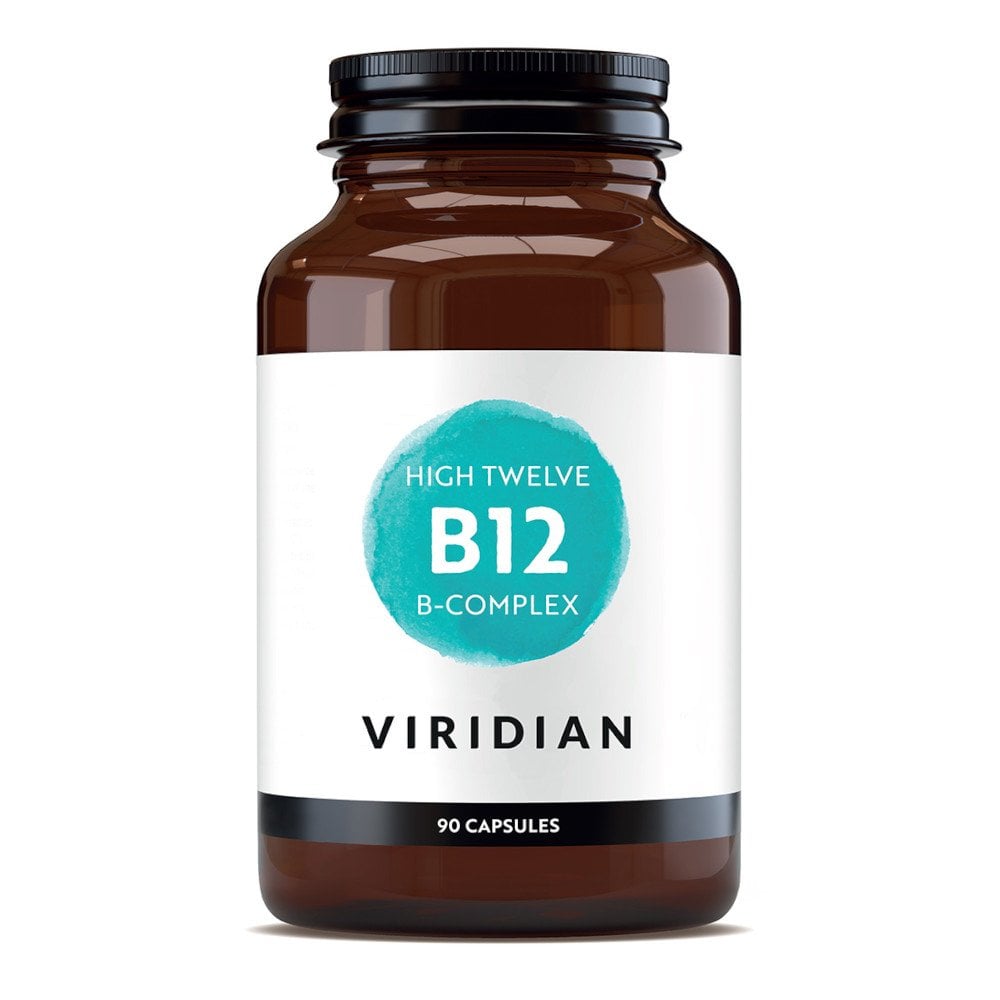While obtaining B vitamins from natural food sources is ideal, supplementation can be beneficial, especially for those with specific dietary restrictions or conditions. It’s essential to approach supplementation judiciously and consult with a healthcare professional. Understanding the right dosage and considering individual needs ensures that you harness the full benefits of Vitamin B-Complex without unnecessary excess.
Frequently Asked Questions About Vitamin B-Complex
1. What is Vitamin B-Complex?
Vitamin B-Complex is a group of water-soluble vitamins that includes B1 (thiamine), B2 (riboflavin), B3 (niacin), B5 (pantothenic acid), B6 (pyridoxine), B7 (biotin), B9 (folate), and B12 (cobalamin). These vitamins play crucial roles in various bodily functions.
2. What are the symptoms of Vitamin B-complex deficiency?
Common symptoms include fatigue, cognitive issues, mood swings, and potential skin and hair problems. Recognizing these signs early is essential for maintaining overall health.
3. How does Vitamin B-Complex contribute to energy boost?
B-Complex vitamins support the conversion of food into energy at the cellular level. They play key roles in metabolic processes, ensuring your body operates at peak performance and combating fatigue.
4. Can Vitamin B-Complex improve cognitive function?
Yes, Vitamin B-Complex is essential for optimal brain function. B vitamins contribute to neurotransmitter synthesis, enhancing memory, concentration, and overall mental clarity.
5. How does Vitamin B-Complex impact mood?
Research suggests a strong correlation between B vitamins and mood regulation. Deficiencies in B6, B9, and B12 have been linked to increased stress, anxiety, and depression.
6. Is Vitamin B-Complex beneficial for heart health?
Absolutely. B vitamins, especially B6, B9, and B12, help regulate homocysteine levels, contributing to a healthy heart and reducing the risk of cardiovascular issues.
7. Can Vitamin B-Complex enhance skin, hair, and nails?
Yes, Vitamin B-Complex, particularly biotin (B7), promotes collagen production and cell regeneration, supporting healthy skin, hair, and nails.
8. What are natural food sources of Vitamin B-Complex?
Include leafy greens, whole grains, lean meats, legumes, and dairy products in your diet to ensure a balanced intake of B vitamins.
9. Is supplementation necessary for Vitamin B-Complex?
While obtaining B vitamins from natural sources is ideal, supplementation can be beneficial for those with dietary restrictions. Consult with a healthcare professional for personalized advice.
10. What are the key considerations for Vitamin B-complex supplementation?
Understanding the right dosage and individual needs is crucial for effective supplementation. Consult with a healthcare professional to ensure optimal benefits without unnecessary excess.





